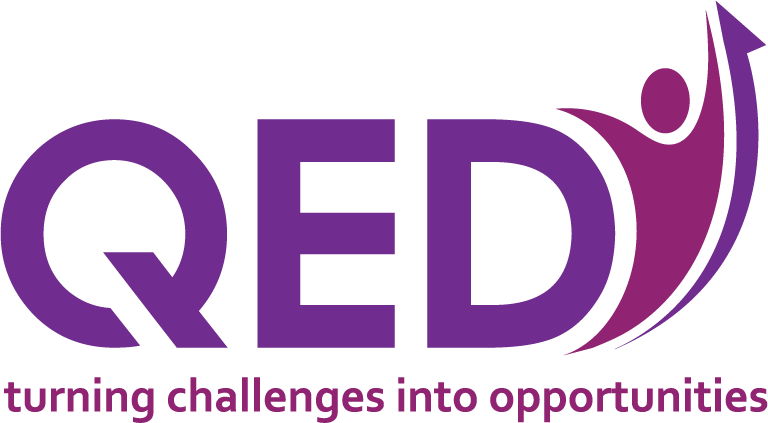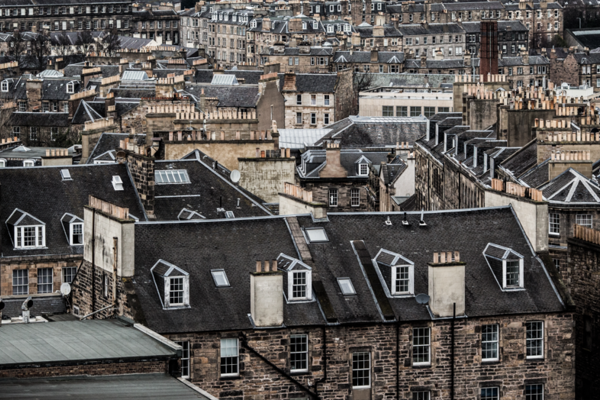By Dr Mohammed Ali, founder & chief executive of the QED Foundation
The latest figures from the Joseph Rowntree Foundation’s (JRF) annual poverty report, published recently and based on the most up to date government data covering the first year of the pandemic, make for depressing reading.
According to the study, 13.4 million people were stuck in poverty during 2020/21, including a million children under the age of four.
These figures are truly shocking but given the fact the UK is the world’s fifth largest economy they are also a damning indictment on modern Britain.
And it gets worse – if you’re from a black and minority ethnic background. There was a strong correlation between poverty and race going into the pandemic and this has simply continued. The report found that half of all people living in households headed by someone of Bangladeshi ethnicity were in poverty, while the poverty rate for Pakistani people in the UK is more than double that of white people.
The JRF’s study is backed up by analysis published last autumn from the Runnymede Trust charity, a race equality think tank, which showed that black and minority ethnic people are 2.5 times more likely to be in poverty than white people, with racial inequalities particularly stark in Yorkshire and the Humber, Wales, Scotland and Northern Ireland.
What’s equally worrying is that despite making up only 15% of the UK population, this same group accounts for more than a quarter (26%) of those trapped in what’s known as ‘deep poverty’ (having an income that falls more than 50% below the relative poverty line).
These are more than just statistics, though – these are people’s lives we’re talking about. And it’s not as though we don’t know what’s happening. Time and again reports are published highlighting the link between poverty, inequality and ethnicity in the UK which are met with robust statements from politicians about the need to tackle the problems and build a better country, and yet their words invariably aren’t met with comparable action.
In some instances it has exacerbated the problem. The Runnymede Trust’s report points out that changes to the tax and social security system meant that black and minority ethnic women, for instance, are among the worst affected and currently receive £1,040 less a year on average in cash benefits than they did a decade ago.
It’s not surprising then that Black and minority ethnic households are among those that have suffered most during the cost of living crisis, compounding the damaging financial impact caused by covid. The Energy Price Guarantee announced last year was a welcome step in the right direction but it is minority ethnic households that benefit less, with just under a third (32%) of white people likely to experience fuel poverty this winter compared to two thirds (66%) of Pakistani and Bangladeshi people.
At the QED Foundation we have been highlighting and addressing issues surrounding poverty in Bradford and beyond for the past 33 years. We have invested more than £18m in disadvantaged communities across the UK and helped more than 36,000 people from ethnic minority backgrounds by providing education and training, which increases their chances of a better job and not being caught up in a cycle of poverty.
Charitable foundations like ours along with community projects can, and do, make a tangible difference on the ground, but they cannot do all the work on their own. We have heard a great deal about ‘Levelling Up’ in the North, but if it is to have a genuine, and lasting, impact then it has to be targeted at those areas and communities that need the most support.
This is one of the areas highlighted by Runnymede’s report which has called on the Government to apply a race equality lens to its ‘Levelling Up’ agenda and address the longstanding regional patterns of inequalities that exist in the UK.
It points out, too, that many black and minority ethnic people struggle to claim the benefits they are entitled to due to a lack of digital access or support, which is why trusted, community-focused services tailored to the diverse needs of black and minority ethnic people are so important. Having something like this in place would help ensure there was equal access to social security, welfare rights advice and support; and this alone could make a big difference to many people’s lives.
If we can put an end to people going hungry or skipping a shower because they can’t afford their heating bill, then we might, just might, have a chance of eradicating the kind of poverty that shames us all in 21st century Britain.

